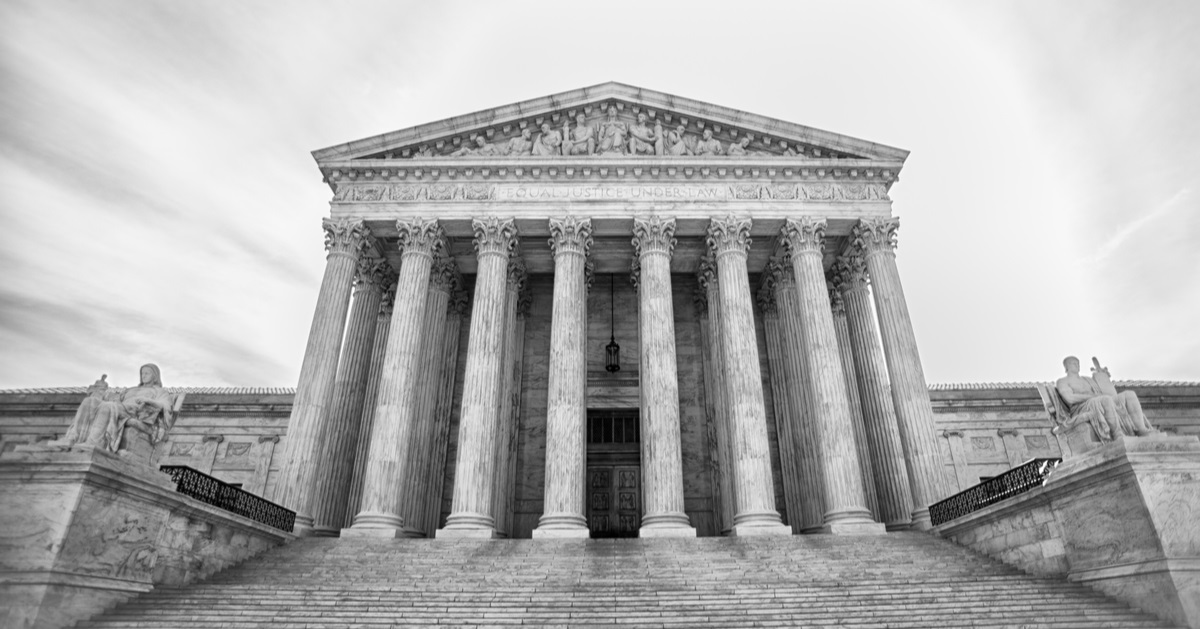SCOTUS rules unanimously in property seizure tax repayment case
The U.S. Supreme Court ruled unanimously that it's unconstitutional for the government to pocket more money from a property seizure sale than is necessary to pay the taxes owed on it.
According to Breitbart, the 9-0 decision, authored by Chief Justice John Roberts, came as the result of a lawsuit filed by a 94-year-old grandmother whose condo was seized and sold to pay off property taxes that she hadn't paid for two years.
Geraldine Tyler's small condo was sold for $40,000 to pay $15,000 in property taxes owed. Instead of returning the remaining amount, the state of Minnesota kept it.
The case is called Tyler v. Hennepin County.
The ruling
Chief Justice Roberts' ruling explained in clear terms that there are Fifth Amendment considerations when the government pockets the remaining funds in a situation like Tyler's.
"Hennepin County, Minnesota, sold Geraldine Tyler’s home for $40,000 to satisfy a $15,000 tax bill," Roberts wrote.
He added: "Instead of returning the remaining $25,000, the County kept it for itself. The question presented is whether this constituted a taking of property without just compensation, in violation of the Fifth Amendment."
A Minnesota county took the home of Geraldine Tyler, a 94 year old black woman, because she owed $15k in taxes. They then sold the house at auction for $40k & kept ALL of the proceeds. The Supreme Court just ruled UNANIMOUSLY that that was unconstitutionalhttps://t.co/5uEMbt7lQH
— Darvio Morrow (@DTheKingpin) May 25, 2023
Roberts continued: "The Takings Clause, applicable to the States through the Fourteenth Amendment, provides that private property shall not be taken for public use, without just compensation. States have long imposed taxes on property. Such taxes are not themselves a taking, but are a mandated contribution from individuals . . . for the support of the government . . . for which they receive compensation in the protection which government affords."
"In collecting these taxes, the State may impose interest and late fees. It may also seize and sell property, including land, to recover the amount owed."
The county's argument
Lawyers for the county argued that the constitution allows for such situations, as part of the the remaining goes toward the county's public schools.
But SCOTUS countered the county's argument.
"History and precedent say otherwise. The County had the power to sell Tyler’s home to recover the unpaid property taxes. But it could not use the toehold of the tax debt to confiscate more property than was due," the high court responded. "By doing so, it effected a classic taking in which the government directly appropriates private property for its own use. Tyler has stated a claim under the Takings Clause and is entitled to just compensation.”
The high court was praised for coming together on the issue, hoping they can work together on future issues that do not require a political lens.






